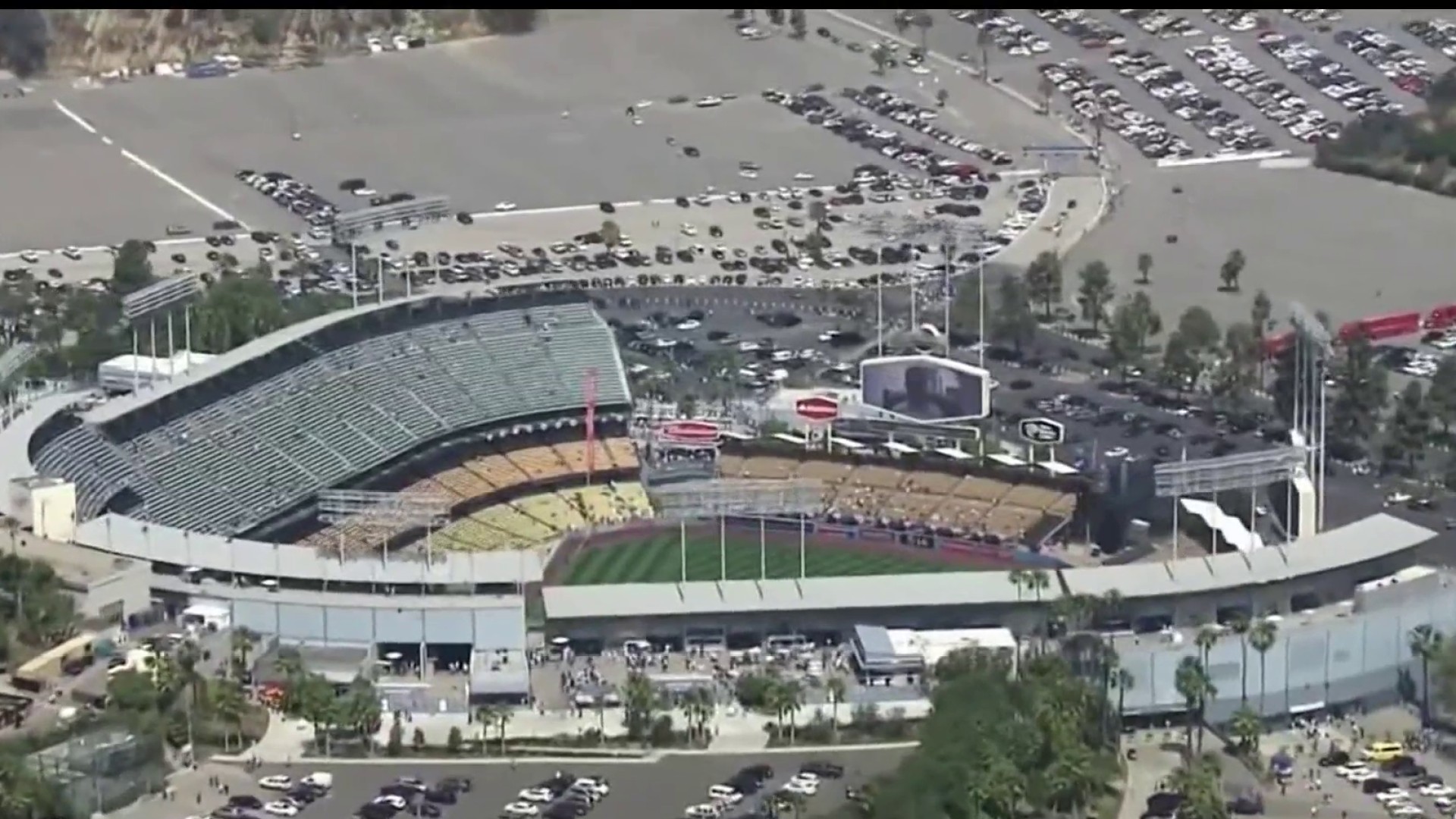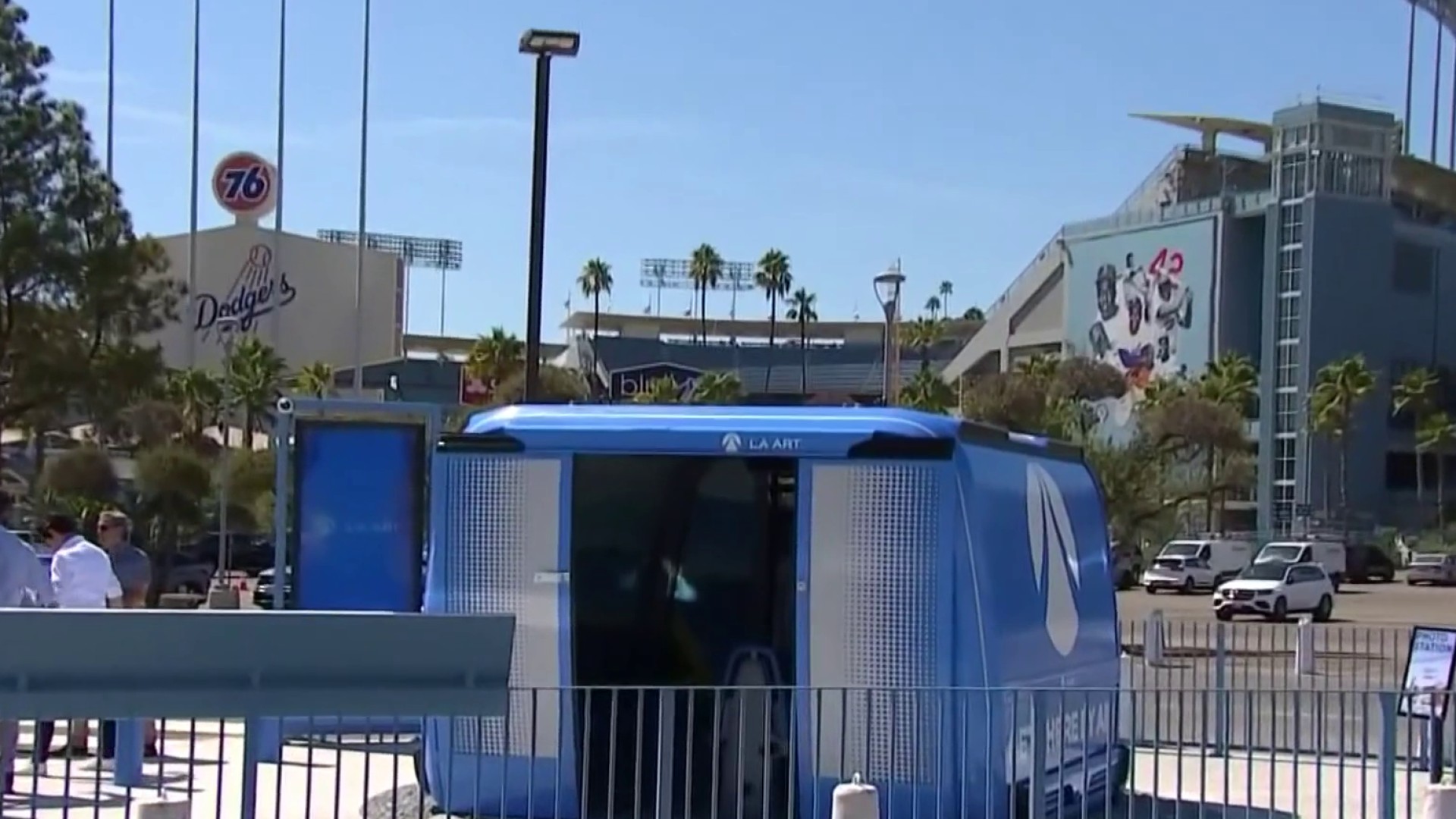A gondola project that was initially proposed seven years ago to connect Union Station to Dodger Stadium hit another roadblock after it was officially rejected by the Los Angeles City Council Wednesday.
The city council passed a resolution, formally issuing its opposition to the gondola project in a 12-1 vote. The resolution is now heading to LA Metro, which ultimately has the responsibility of reviewing transit projects. Metro is also accepting comments from individuals concerning the draft supplemental environmental impact report until 5 p.m. Thursday.
The gondola project, initially proposed in 2018 by Frank McCourt, former Dodgers owner and part-time owner of the Dodger Stadium parking lot, has been criticized by some residents and business owners in the affected area, as opponents say the project would harm the community and take away public land.
“This is not a regional transit solution. This is not a serious proposal to move Angelenos. This is not public transportation,” Councilwoman Eunisses Hernandez said prior to the vote. “It’s a half-a-billion-dollar gimmick.”
Hernandez, who represents the Dodger Stadium area, described the project, as a “private unsolicited proposal by Frank McCourt to take public land to ferry ticket holders to a stadium that’s empty most of the year.”
“This project is an insult to our communities, and the process has been an insult to our collective intelligence. The gimmick is over. It’s time to protect our neighborhoods,” Hernandez said.
“This resolution tells Metro that the city of Los Angeles refuses to be bought by shiny renderings and empty promises. Literally, there is no financial plan for this project, and the city of Los Angeles will not sacrifice our public parks and neighborhoods,” she added.
The resolution called on LA Metro to hold a 45-day in-person public hearing and established toll-free line for the public to provide feedback on the environment impact reports.
Hernandez and council members Ysabel Jurado and Hugo-Soto Martinez introduced the resolution Oct. 31. According to Hernandez, Metro is expected to consider the supplemental report, and vote whether to recertify the final environmental impact report for the project later this month.
Councilman John Lee opposed the resolution while Councilwomen Imelda Padilla and Katy Yaroslavsky, who are members of LA Metro Board of Directors, recused themselves from the vote.
Metro previously approved the final EIR in February 2024. However, the Los Angeles Park Alliance filed a lawsuit challenging the transit agency’s approval.
In May, the California State Court of Appeals sided with environmental advocates, concluding that the transit agency “abused its discretion” in rejecting a mitigation measure to retrofit buildings to further reduce interior noise levels from construction, according to Metro documents. Additionally, the final EIR did not adequately explain how well certain mitigation measures would help impacted stakeholders beyond what was already assumed in the project’s modeling.
Metro also did not engage in timely consultation with the Santa Monica Mountains Conservancy as a trustee agency, according to the report.
The court ordered Metro to conduct additional review of the project. The agency released a 437-page supplemental environmental impact report at the end of September.
Jon Christensen, a founder of the Los Angeles Parks Alliance, which filed a lawsuit against Metro challenging its final EIR on the project, praised the council for approving the resolution.
“Those council members are opposed because of the harmful impacts this project would have on their constituents,” Christensen said in a statement. “This is a textbook example where it makes sense for other council members to defer to the council members whose district would be directly impacted by a project — since this project would have no benefits for other districts.”
The $500 million gondola aims to connect Dodger Stadium to Union Station along a 1.2-mile route passing through Chinatown and the Los Angeles State Historic Park. Zero Emission Transit took over the project and sought approvals from regulatory agencies.
The project would feature three stations — Alameda Station, Chinatown/State Park Station, and the Dodger Stadium Station — a non-passenger junction, and three cable-supporting towers.
Zero Emissions Transit and other proponents of the aerial tram say it will provide the first permanent mass transit connection linking Dodger Stadium to the broader Los Angeles transit system.
They say the gondola would operate with zero emissions and would be the first aerial gondola transit system to include a battery-electric backup system, and that the project’s approved environmental study found that it could reduce emissions by over 150,000 metric tons of greenhouse gasses over its lifetime.
“This resolution contains a number of blatant falsehoods and misleading statements,” Nathan Click, spokesman for ZET, said in a statement. “The truth is that this project will expand transit options for Angelenos while reducing air pollution in some of the most polluted communities in our city. The councilwoman’s resolution stands in stark opposition to the efforts of other Los Angeles leaders like Supervisor Hilda Solis, who secured long-sought legacy goals for the neighborhoods secured in conjunction with the project. This project is a win for the community.”
The gondola is backed by several groups such as the Chinese American Museum, Coalition for Clean Air, Los Angeles and Orange County Building Trades, the LA County Business Federation and LA Chamber of Commerce, among others.
The gondola would be free to ride for anyone with a ticket to aDodgers game and would provide benefits to those who live and work in the area through the Community Access Program, which would allow residents and employees of businesses close to the project to ride the gondola and connect to Metro’s regional transit system at no additional cost.
Nearly 15,000 individuals and more than 400 businesses in Chinatown, El Pueblo and Lincoln Heights have signed up to support the project, which also has the backing of organized labor, business and environmental advocates, according to Zero Emissions Transit.

Want more insights? Join Working Title - our career elevating newsletter and get the future of work delivered weekly.

